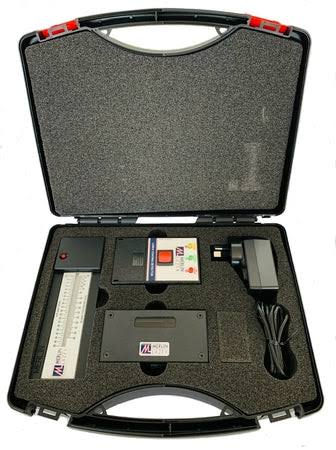Getting exactly what you want isn't always a good thing!
- J Sands
- May 3, 2024
- 3 min read
Sometimes getting exactly what you asked for will cause more harm than good when tinting your home or office. Using the wrong product can cause a lot of damage.
There are a lot of pretty shady window tinting businesses around (no pun intended).
One of the fastest ways to tell if you are dealing with a competent tradesmen is how many questions are being asked. Has he done his research? Only by gathering all the relevant and sometimes crucial information, you can truly be getting a product tailored to your needs. With solar control window tinting this couldn't be more true. If the person who comes to do your quote doesn't test your glass, you could be in for some serious problems next time the mercury rises.
I've seen it a numerous times: Clients have done their research on window films and know exactly which tint they want. They send off their measurements, the quote is approved and the applicator is sent out to install the film, missing the crucial part: Glass analysis and film suitability check during the quoting stage. And worryingly, this is more likely to happen during summer time when it's very busy. This also happens to be the time when the glass is most at risk.
The installer could have done a perfect job, client was super happy, then a few weeks later, on a hot morning two of the largest windows in the house have cracked. Who is to blame???
Well, most tinting companies will have small print on their quotes that states they do not take responsibility for glass cracking due to thermal stress increase as a result of window film installation. Which is perfectly fine, but this shouldn't stop the salesman from doing all the necessary tests beforehand in order to choose a better suited product and minimise the chances of a potential crack. And also, clients should always be made aware of potential risks before proceeding with any work, anyways.
At Perfection Tinting, we use merlin testing equipment for every job to ascertain glass type, glass thickness, and whether or not there is a low-e coating on the glass. And most of the times, we would get in touch directly with the film manufacturer to explain the job details and getting the nod over the phone from them. This is considered to be the most responsible practice and the most comprehensive way of minimising the chance of glass breakage.
Rushing into any window tinting job without doing your groundwork is extremely irresponsible.

How does tint cause glass cracking?
The risk of glass breaking mainly happens with laminated glass. Once tinted internally, the inside sheet of that glass can heat up a lot faster than the outside sheet, which causes the glass to flex all of a sudden, just like when you run a plastic chopping board under a hot tap. Windows aren't designed to deal with this kind of thermal stress. Generally, some thermal stress shouldn't be a problem, but all it takes is a miniscule chip around the edge somewhere (that we cant see because its hidden in the frame) to create a weak point, and bang, the glass will crack under the tension.
Another example: It's the middle of summer, imagine that a big piece of glass has had all night to reach a really nice low temperature. It's now 10:30am (the time when this particular window gets direct sunlight), it has been overcast all morning up until this exact point, so the glass is still nice sand cool. Then, suddenly the clouds part when the sun is at its hottest, an incompetent tinter has put a non-reflective night scene film on the glass. These are perfect conditions to make that rear sheet of the glass skyrocket in temperature, while the front sheet is insulated from this heat via the small layer of gel between the two sheets. With the rear sheet now expanding at a quicker rate than the front sheet, there is nothing left to do but to flex, and possibly break.
Another condition that can contribute to breakages is a partial shading on the glass, for instance half the panel is covered by shading from an awning.
This is why we always suggest to go with films that work on the principles of reflectance rather than filtration when dealing with laminated glass. Film using filtration (darker films with a less metallised appearance) tend to get a lot warmer. Another solution is to choose an external film and with warranties getting better these days, this is becoming a more and more popular choice.
Long story short: Make sure your window film is actually suitable for your glass.
Use a competent company that does the relevant glass testing and don't be afraid to ask questions.
Start by asking if the company quoting is a member of the WFAANZ.
(Window film association of Australia and New Zealand)








Comments